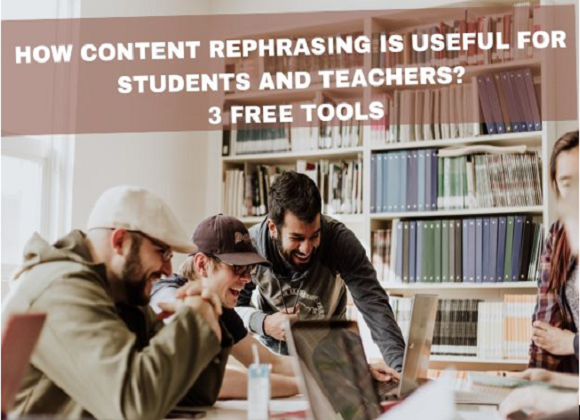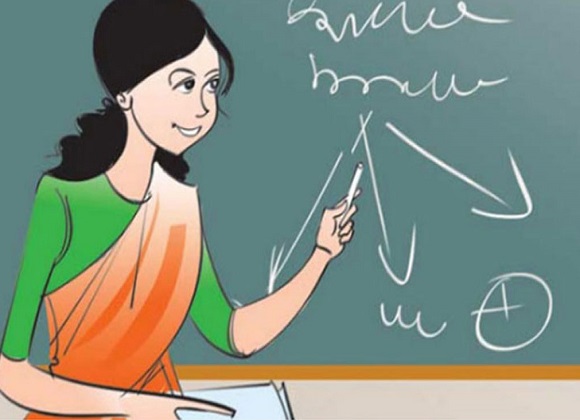Courses
Grow skills with quality courses
Is Depression just a Regular Sadness that we use as an Excuse?
In our everyday life, we use the term ‘depression’ very frequently. For example, “Oh, listening to his story, I felt so depressed!” or “I don’t want to feel depressed by watching such tragedy stories.”
Do we actually feel depressed by doing these acts or is it just sadness or a slight change in mood?
Let us understand DEPRESSION:
Depression is a mood disorder that makes you feel constant sadness or lack of interest in life.
Most people feel sad or depressed at times. It’s a normal reaction to the loss of life's challenges. But when intense sadness -- including feeling helpless, hopeless, and worthless -- lasts for many days to weeks and keeps you from living your life, it may be something more than sadness. You could have clinical depression, a treatable medical condition.
Let us now understand the difference between SADNESS and DEPRESSION:
For example, I scored less in the Maths exam. I am feeling bad about it. I know my parents are also not happy about it. I did not step out of home for 2 days. My cousins visited home. After playing and spending time with them, I am back to normal.
According to the World Health Organization (WHO), depression is the leading cause of disability in the world: 350 million people suffer from depression and 1 million people commit suicide as a result of the illness globally. However, very few seek and receive treatment.
It is a serious illness. It can affect men, women, and children of any age, socioeconomic status, and culture. Individuals with depression, other than feeling low, sad:
It’s common for people to have other medical or mental health problems along with depression, such as anxiety, obsessive-compulsive disorder, panic disorder, phobias, substance use disorders, and eating disorders. If you or a loved one has symptoms of depression or another mental illness, talk to your doctor. Treatments can help.
What to do if you are experiencing these symptoms of depression?
In case there is someone around you who is experiencing depression, be there for them. Practice listening to what they are sharing, do not start giving them suggestions- just be there. If you feel the condition is very serious, suggest they take professional support.
About the author
Comments
Recommended by Gurushala

Technology & Innovation
-By Valentina MilanovaHow Content Rephrasing is Useful for Students and Teachers? 3 Free Tools

Stories of Indian Classrooms
-By GurushalaOn the course of continuous learning- An inspiring teacher story from Pune
Related Articles
